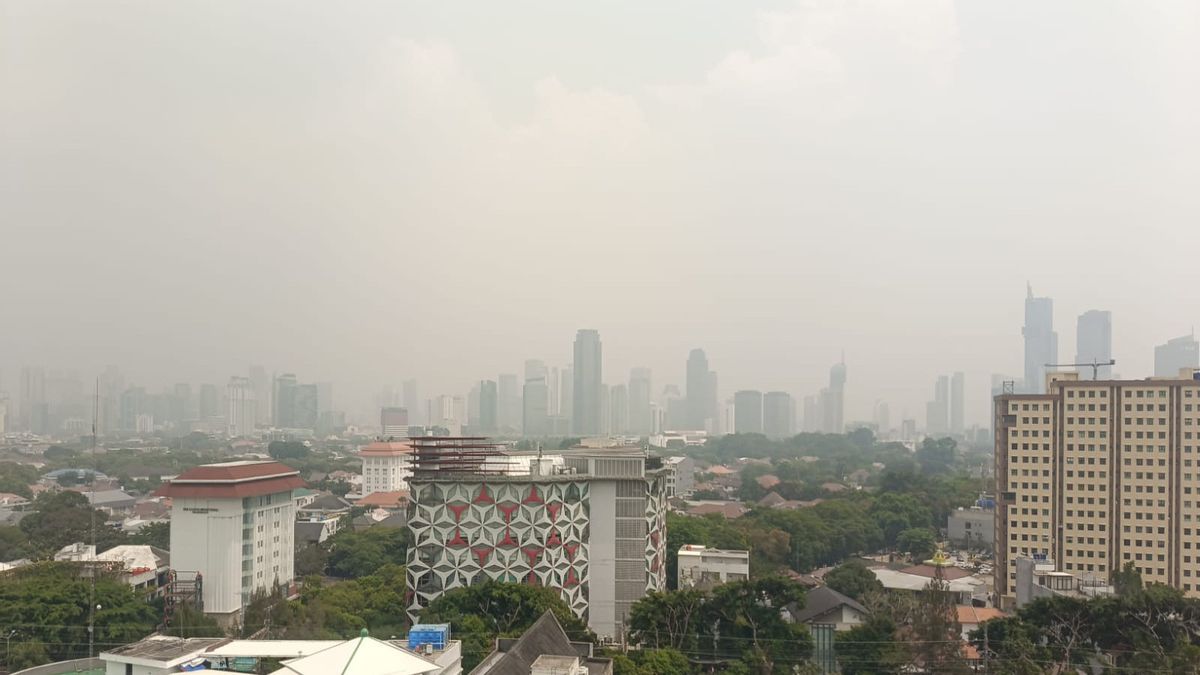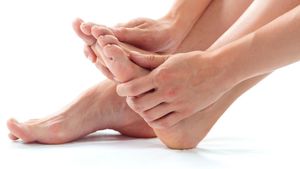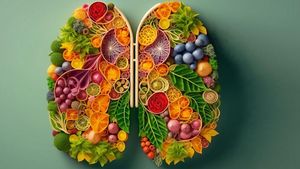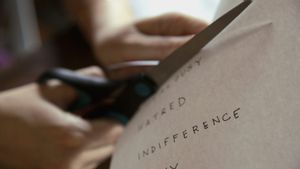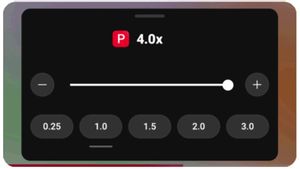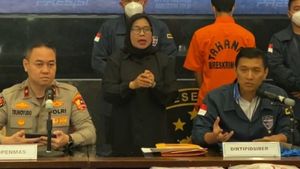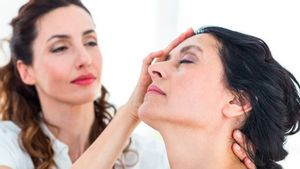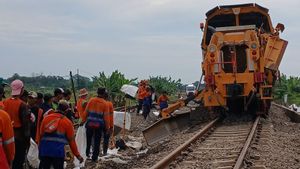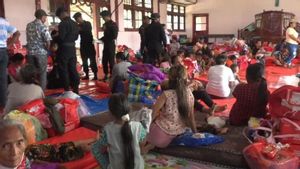JAKARTA - Air pollution in the Jakarta area has become a concern lately because it is very high. There are seven steps that need to be taken to protect the lungs when air pollution levels are high.
"First and the most important thing is to continue to monitor air quality in real-time through applications that are already available and can be downloaded or viewed via our smartphones," said the Main Director of the Jakarta Friendship Center General Hospital Prof. Dr. dr. Agus Dwi Susanto quoted from ANTARA, Wednesday, August 23.
Professor of Pulmonology and Respiration at the Faculty of Medicine, University of Indonesia explained, the air quality index is marked with green (1-50) for the good category, blue (51-100) for the moderate category, yellow (101-200) for the unhealthy category, orange for the unhealthy category for sensitive groups, red (201-300) for the very unhealthy category, and black (301 and above) for the dangerous category.
"What also needs to be considered is the PM 2.5 value, because the air quality figures in AQ Air (air quality monitoring application) are just an index, unless the PM value is clearly stated in the application," he said referring to airborne particles. smaller than 2.5 microns.
Particulate Matter (PM) 2.5, whose concentration can increase due to heat, fire and air pollution, according to the World Health Organization contains material that can cause respiratory problems.
Agus said that the second step that needs to be taken to protect the lungs when the air is polluted is to wear a mask when doing outdoor activities.
"To avoid PM 2.5, the type of mask that can be used is a respirator or N95, then KN 95, FFP 2, KF 94, EP-Barrier Face Covered, elastomeric respirator, and surgical masks," he said.
"Then there is also a cheap solution, namely with a cloth mask inserted with a PM 2.5 filter which can be purchased at online shops with a minimum price of IDR 10,000," he added.
The third step that needs to be taken to protect the lungs when air pollution levels are high, according to Agus, is to reduce outdoor activities when the air quality is unhealthy.
VOIR éGALEMENT:
The next steps, he continued, are avoiding strenuous physical activity including outdoor sports and checking air pollution levels so that you can avoid areas with high pollution levels if you have to do outdoor activities.
Agus said that the sixth and seventh steps are maintaining stamina by adopting a healthy lifestyle and immediately going to the doctor or nearest health facility if you experience disturbing health problems.
"We at Friendship Hospital as a pulmonary disease referral facility are ready to carry out health checks as an effort to detect early pollution-related diseases and are also ready to accept patients who do have complaints regarding this pollution," said Prof. Agus Dwi Susanto.
The English, Chinese, Japanese, Arabic, and French versions are automatically generated by the AI. So there may still be inaccuracies in translating, please always see Indonesian as our main language. (system supported by DigitalSiber.id)
